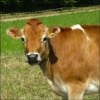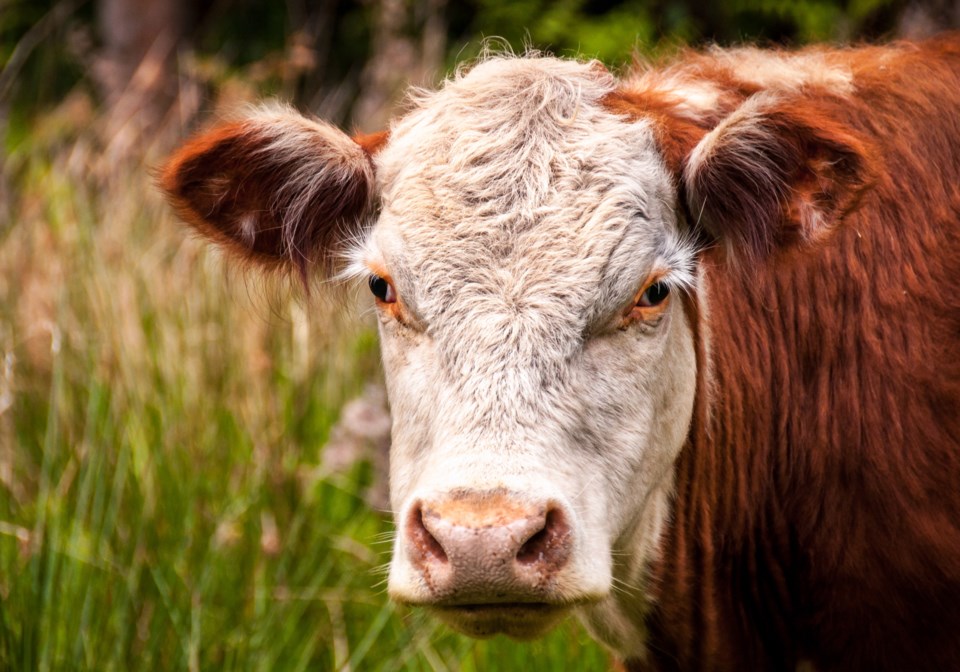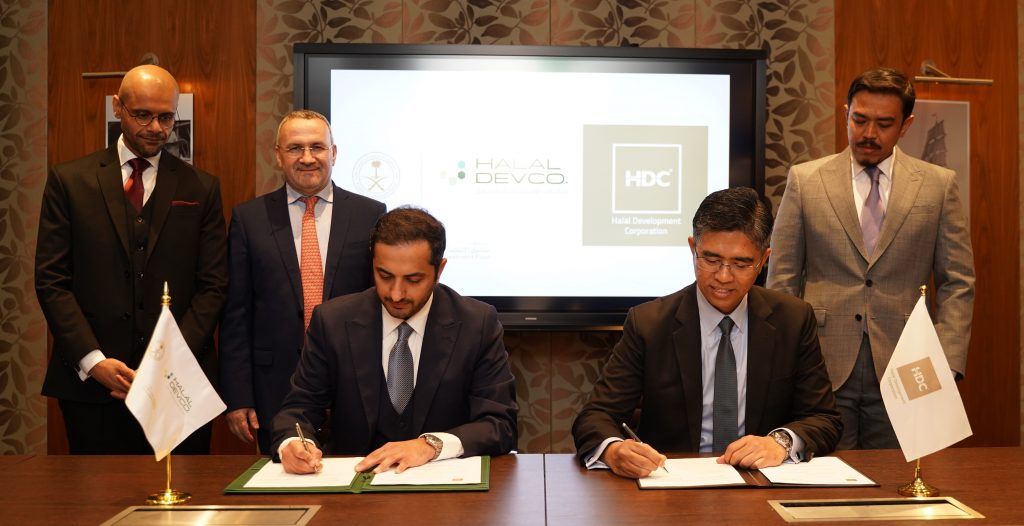 A Norfolk abattoir has reassured the public there is no risk of infection from mad cow disease after beef quarters were sold containing bone that should have been removed.
A Norfolk abattoir has reassured the public there is no risk of infection from mad cow disease after beef quarters were sold containing bone that should have been removed.
A Norfolk abattoir has reassured the public there is no risk of infection from mad cow disease after beef quarters were sold containing bone that should have been removed.
A Food Standards Agency (FSA) investigation found Simply Halal at Banham had sold 25 beef quarters to a meat wholesaler without first removing the vertebral column, which is particularly at risk of carrying Bovine Spongiform Encephalopathy (BSE), commonly known as mad cow disease.
The removal of the column is required in cattle over 30 months old and an FSA statement said the wholesaler’s records were incomplete, meaning only one quarter could be destroyed with the rest likely to have been eaten.
However, the investigation deemed the risk from the meat that entered the food chain as “very low,” adding it was “extremely unlikely” that any of the animals involved had BSE.
Stephen Lomax, a vet and technical advisor to Simply Halal’s trade association, said all the cattle that provided the 25 beef quarters had tested negative for BSE prior to being slaughtered and therefore there was no risk to the public.
He added even though the column was still present in the quarters sold to the wholesaler, it was likely to have been removed at the butchers before being sold to the public anyway.
“The animals all tested negative for BSE and it is almost certain that the bone would have been removed routinely, so there is no risk to the public,” Mr Lomax added.
Simply Halal, which is based at the European Halal Food Park, specialises in meats which comply with Islamic Sharia law.
BSE, which is known as new variant Creutzfeldt-Jakob Disease in humans, causes microscopic holes in the brain and leads to the degeneration of physical and mental abilities and eventually death.


